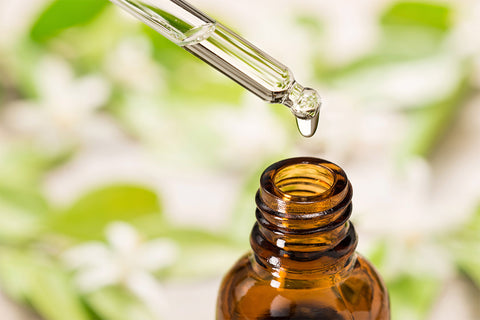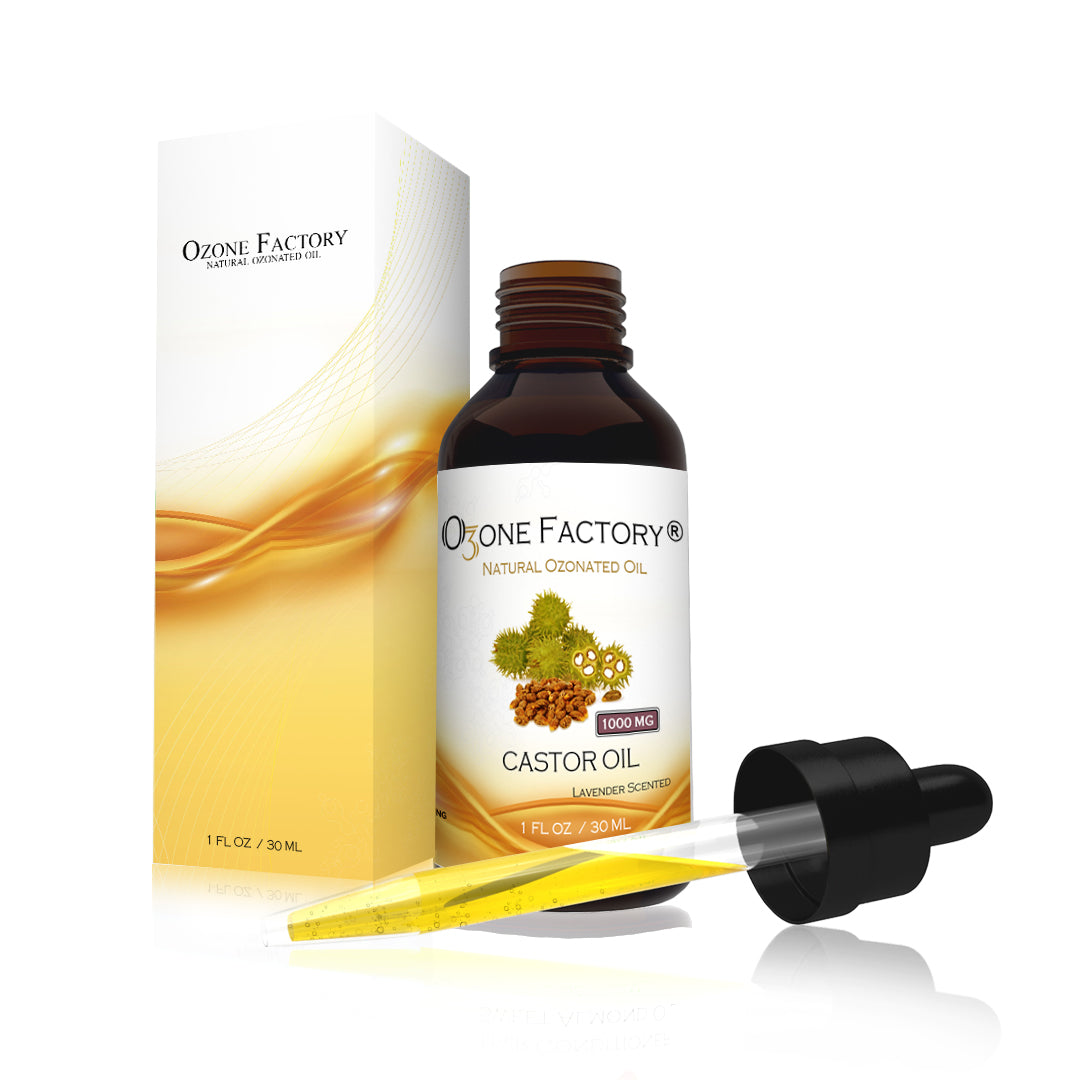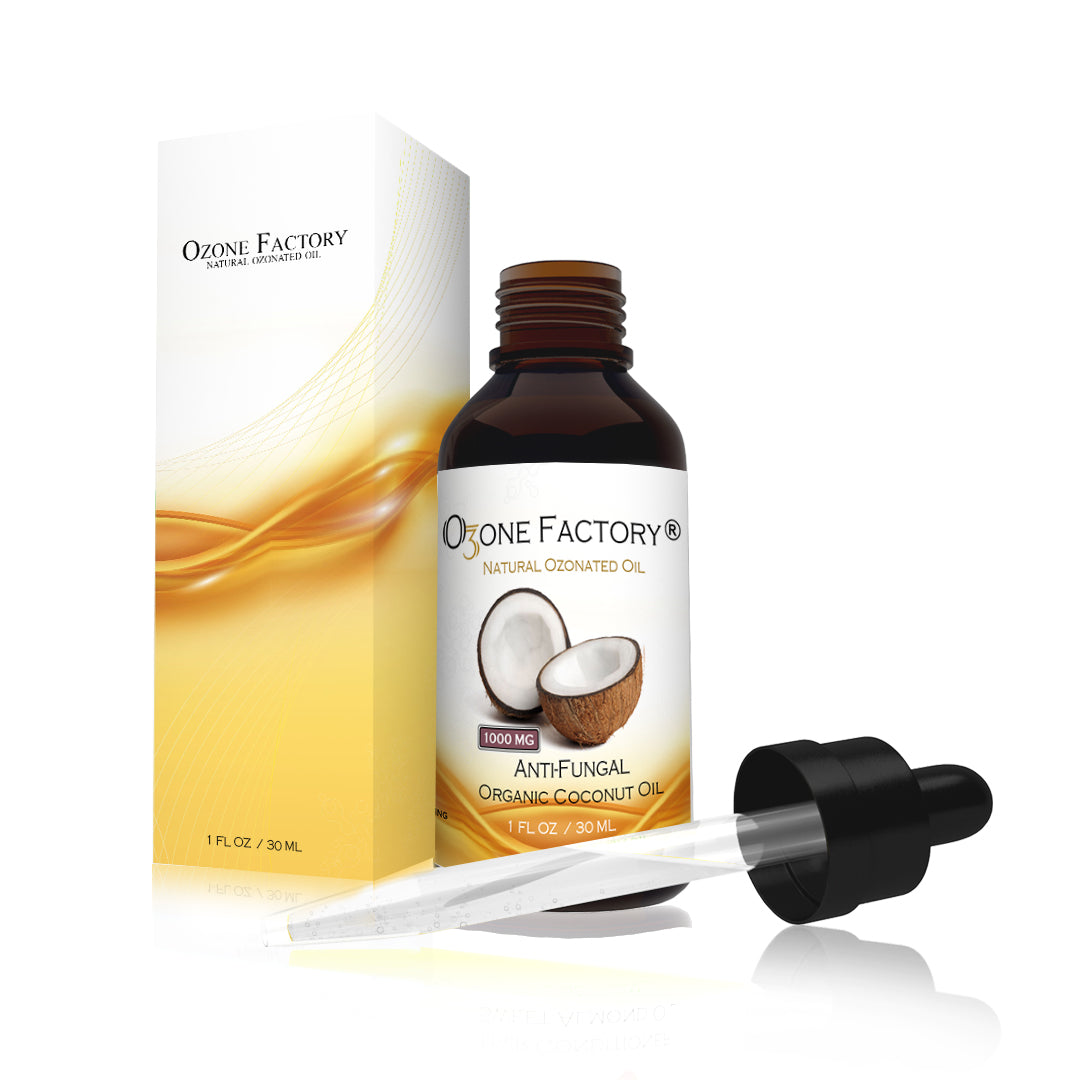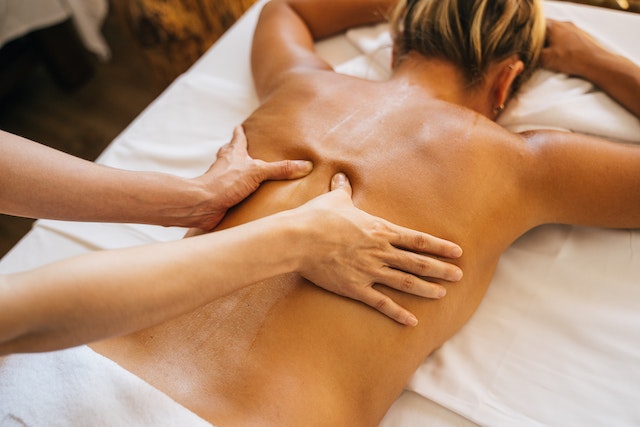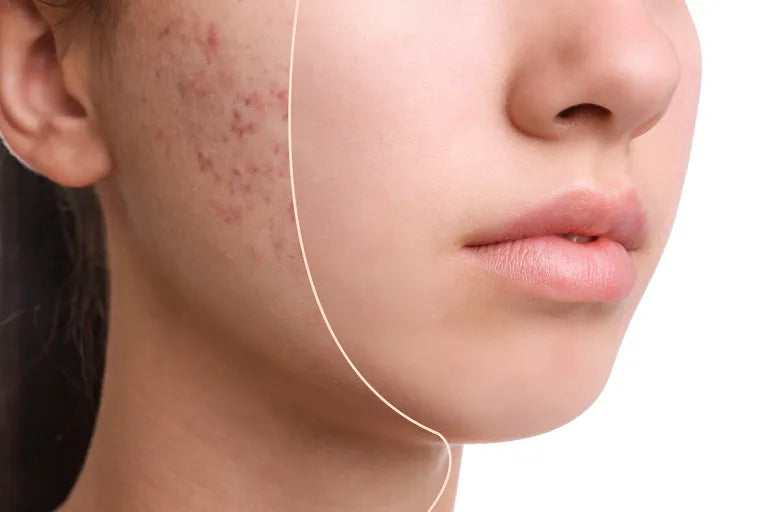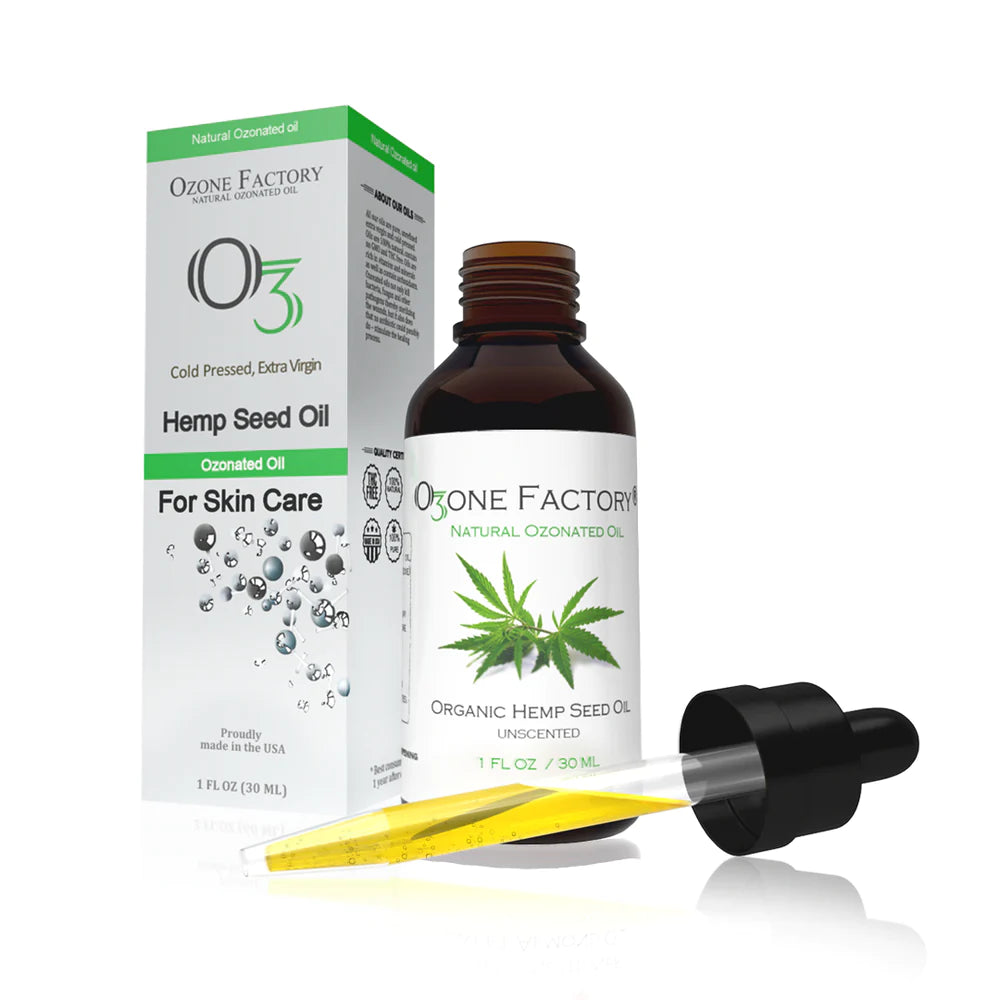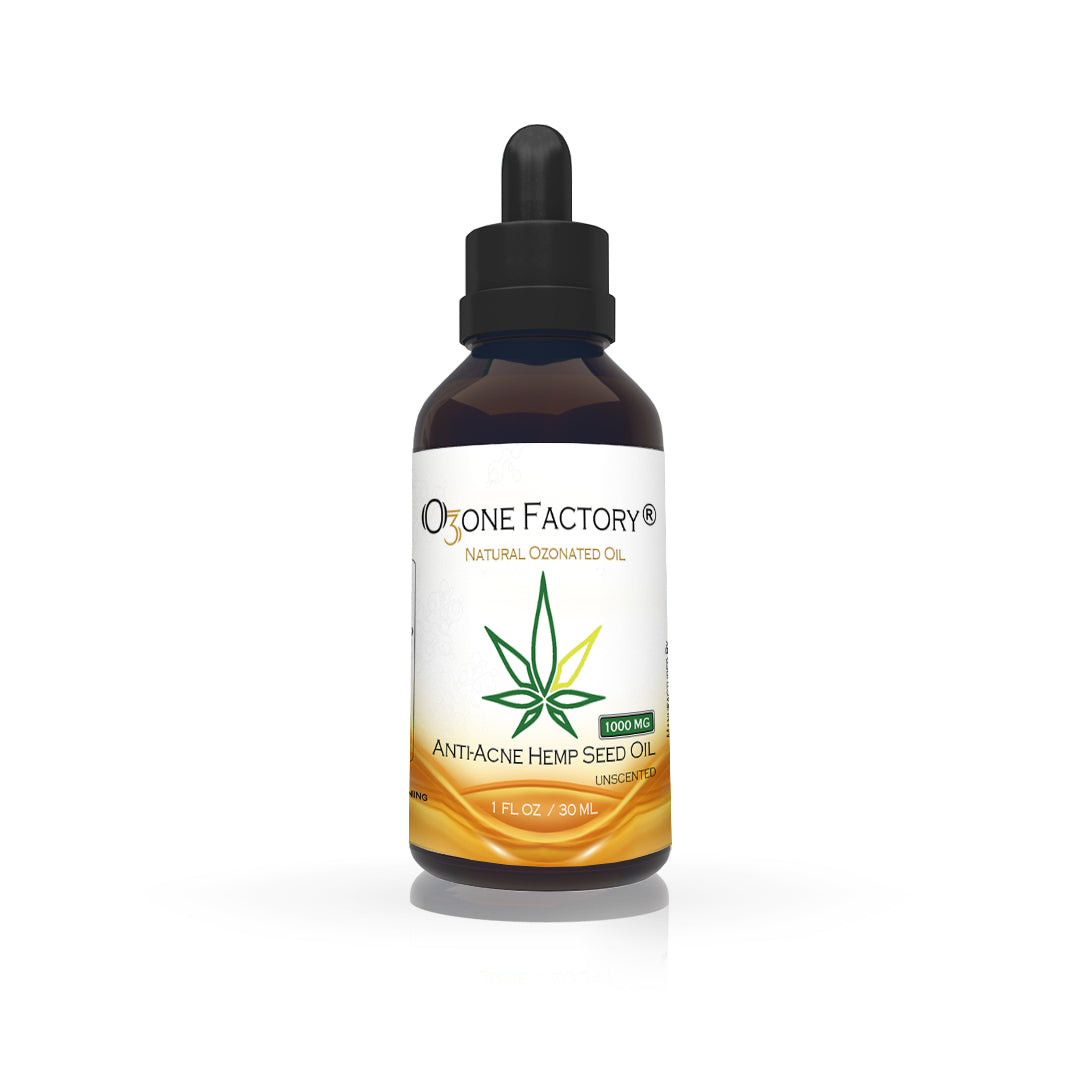Many of us are committed to a daily facial skin care routine which focuses on clearing our complexions and reducing the appearance of fine lines. However, as the neck is often neglected, it’s more susceptible to developing lines and wrinkles over time.
Causes
Neck wrinkles can be caused by a combination of factors, including the natural aging process, sun exposure, posture, and as a result of smoking and drinking.
Aging
As we age, the production of collagen, a protein responsible for maintaining the skin’s elasticity and strength, decreases within our bodies. As a result, our skin becomes less firm and more prone to wrinkling and sagging.
Sun exposure
Exposure to the sun causes ultraviolet (UV) radiation to penetrate the skin, leading to harmful skin cell damage. Over time, repeated UV exposure will prematurely age the skin, referred to as photoaging.
UV damage can lead to the appearance of wrinkles anywhere on the face, however it is particularly damaging to neck skin. The skin on the neck is thin, which makes it very susceptible to the aging effects of sun exposure.
Posture
Our posture also has an effect on the development of neck wrinkles. Keeping the head in the same downward position for long periods of time causes the skin to crease. This often happens when we spend time focusing on screens or as we sleep.
Treatments and Prevention
There are a variety of treatments to effectively reduce the appearance of neck lines and wrinkles. Similarly, preventative measures can be taken to reduce the effects caused by sun exposure and aging.
Sunscreen use
Using sunscreen daily can prevent the effects of photoaging, although it is essential to select a formula that provides a high sun protection factor (SPF) rating of 30 or above. Reapplication every two hours is advised to ensure you are protected throughout the day.
Start prevention early
Sun exposure and lifestyle habits such as our sleeping positions, diets and skin care routines are estimated to be responsible for up to 80% of the skin’s visible aging. While it is never too late to start taking preventative measures, protecting your skin at an early age is likely to provide the most effective results.
Skin Care Treatments for Neck Wrinkles
There are a few key elements that make up a solid anti-aging routine: retinoids for stimulating cell turnover, peptides for boosting collagen production, and of course, SPF for preventing future damage. But according to dermatologists, there's one other product that may be worth adding to your regimen: ozonated oil.
Ozonated oils, if used correctly and consistently, can provide a necessary seal for locking moisture in the skin, improving the skin's hydration and the appearance of fine lines and wrinkles.
Why ozonated oils can help with aging skin
As we get older, hormonal shifts cause the skin to become drier, our bodies produce less collagen and elastin, and our complexions start to show the effects of sun damage and oxidative stress more easily. According to the pros, however, the right facial oil will be able to remedy all of these things.
Our skin produces less sebum with age so face oils are beneficial to maintaining skin hydration. Oils have the ability to form an occlusive barrier to prevent transepidermal water loss and allow other skin-care actives to penetrate better into the skin. Many also have antioxidant properties to help protect and repair the skin, and depending on the active ingredients they can also help to control bacteria and soothe inflammation.
Coconut oil is a natural anti-inflammatory, and full of fatty acids that help improve the skin barrier. It also melts into the skin easily with a little gentle rubbing, and it can feel cosmetically elegant. It boosts your body's own natural production of collagen, which aids in smoothing away fine lines and wrinkles.
Rich in omega-3 fatty acids and vitamin A, research has shown that almond oil can help to diminish some of the visible effects of sun damage—including wrinkles and hyperpigmentation.
Olive oil is thought to be hydrating, as it contains squalene which helps to keep the skin moisturized and smooth. Olive oil can also help with antiaging as it serves as an antioxidant to help fight free-radical damage.
Castor oil contains fatty acids that have moisturizing, skin health-enhancing, and antioxidant properties. These fatty acids may also help minimize wrinkles. Castor oil also has emollient properties known to help improve your skin’s texture and healthy appearance.



